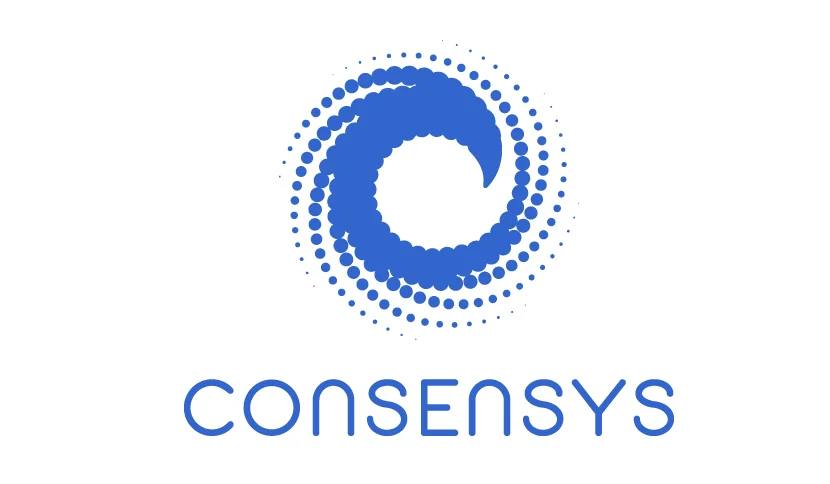Consensys disclosed that it has acquired Wallet Guard, a security tool that safeguards digital assets and data from theft, schemes, and fraud, aiming to boost MetaMask’s security.

The objective of the acquisition is to enhance user protection within Web3 by incorporating Wallet Guard’s sophisticated security features into MetaMask.
Wallet Guard’s expertise in transaction validation and client-side heuristics will enhance MetaMask users’ security capabilities, including detecting scammers and drainers.
Wallet Guard’s Integration
The Wallet Guard team will collaborate with Consensys within the MetaMask Product Safety Team to guarantee a seamless transition.
Patrick Berarducci, the leader of Consensys’ MetaMask and Infura Business Group, explained in a written Q&A:
“Users will be protected from the ever-evolving threats in our ecosystem such as malicious DApps and scams through advanced phishing detection, web scrapers, and blocklist and transaction analysis APIs that allow for an advanced scam detection.”
Berarducci said Consensys aims to “eliminate user fund losses” by integrating Wallet Guard.
The acquisition indicates a heightened emphasis on user safety in web3 as the threat of crypto breaches, and scams continue to escalate.
In 2023, schemes resulted in the theft of over $1.7 billion in crypto assets, as per the “2024 Crypto Crime Report” by Chainalysis.
Berarducci elaborated on the acquisition’s implications and the growing importance of user safety in Web3.
“We believe integrating them into Consensys/MetaMask will be an additional layer of security for our users, in addition to our continued collaborations with security partners with Web3.”
Consensys-SEC Lawsuit
Despite the company’s progress toward enhanced user wallet security, the United States Securities and Exchange Commission’s most recent lawsuit against Consensys continues to linger over the acquisition.
On June 28, the Securities and Exchange Commission (SEC) filed a complaint alleging that Consensys has been operating as an unregistered broker and has collected more than $250 million in fees without the necessary SEC registration.
Consensys filed a lawsuit against the Securities and Exchange Commission (SEC) in April after receiving a Wells notice from the federal agency. The notice alleged that the SEC had been “encouraging an anti-crypto agenda through ad hoc enforcement action.”
